US telcos request $5.6 billion to rip out Huawei, ZTE equipment
The FCC says it has received 181 applications from small carriers to access its funding
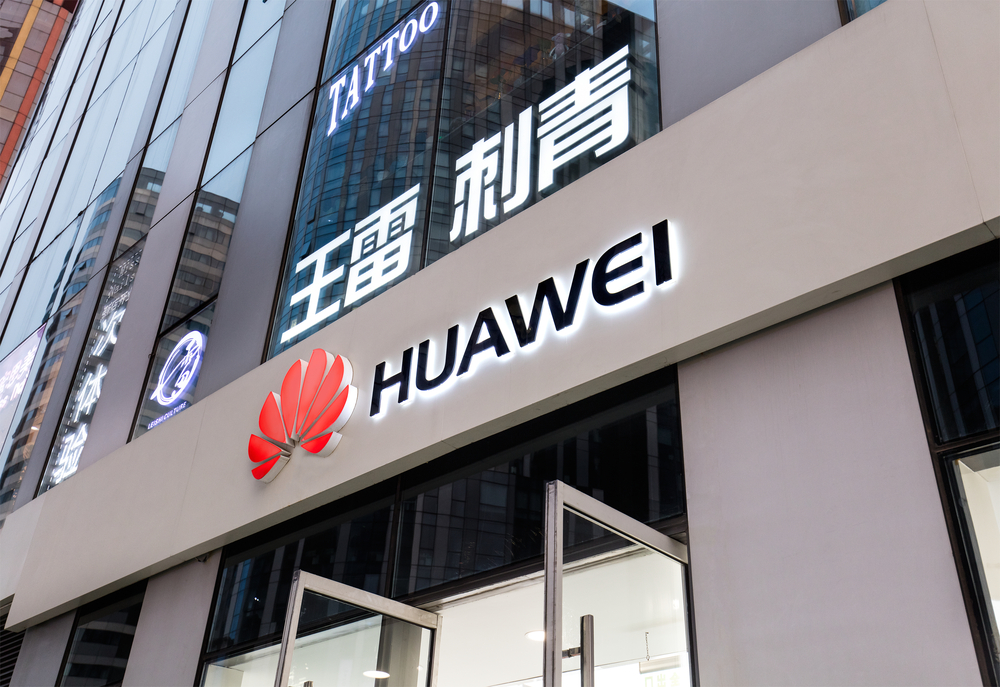

US telecommunications providers have requested $5.6 billion to cover the costs of removing, replacing, and disposing of insecure equipment and services in US networks.
The FCC ordered telecoms companies to begin removing Huawei equipment from their networks in December 2020 as part of the process of revoking China Telecom’s authorisation to operate in the US, based on concerns relating to the companies’ ties to the Chinese government. In July 2020, the FCC went on to officially declare Huawei and ZTE as threats to the US’s national security.
In October last year, the FCC launched the Secure and trusted Communications Networks Reimbursement $1.9 billion programme, created by Congress, to reimburse smaller service providers - those with less than 10 million customers - for their efforts to increase the security of the nation's communications networks.
FCC chairwoman Jessica Rosenworcel notified Congress on 4 February that the FCC has received over 181 applications for around $5.6 billion from carriers who have developed plans to remove and replace equipment in their networks that pose a national security threat.
“While we have more work to do to review these applications, I look forward to working with Congress to ensure that there is enough funding available for this programme to advance Congress’s security goals and ensure that the US will continue to lead the way on 5G security,” said Rosenworcel.
RELATED RESOURCE

Companies were able to file for funding from the programme between 29 October 2021 and 28 January 2022. As it stands, Congress will have to approve around $3.7 billion more in funding if it wants to comply with the 181 applications put forward by the telecommunications providers.
Huawei and ZTE have also been prevented from receiving new equipment licenses from US regulators, as in November president Biden signed a new law to prevent companies that are seen as security threats from acquiring these licenses. The Secure Equipment Act of 2021 specifies that it applies to equipment already listed in the Secure and Trusted Networks Act of 2019, in which Huawei, ZTE, and other Chinese tech companies are named.
Get the ITPro daily newsletter
Sign up today and you will receive a free copy of our Future Focus 2025 report - the leading guidance on AI, cybersecurity and other IT challenges as per 700+ senior executives
Zach Marzouk is a former ITPro, CloudPro, and ChannelPro staff writer, covering topics like security, privacy, worker rights, and startups, primarily in the Asia Pacific and the US regions. Zach joined ITPro in 2017 where he was introduced to the world of B2B technology as a junior staff writer, before he returned to Argentina in 2018, working in communications and as a copywriter. In 2021, he made his way back to ITPro as a staff writer during the pandemic, before joining the world of freelance in 2022.
-
 AI is helping bad bots take over the internet
AI is helping bad bots take over the internetNews Automated bot traffic has surpassed human activity for the first time in a decade, according to Imperva
By Bobby Hellard
-
 Two years on from its Series B round, Hack the Box is targeting further growth
Two years on from its Series B round, Hack the Box is targeting further growthNews Hack the Box has grown significantly in the last two years, and it shows no signs of slowing down
By Ross Kelly
-
 Meta is building the world’s longest subsea cable: Project Waterworth will span 50,000 km and connect five continents – and it aims to boost global connectivity and AI services
Meta is building the world’s longest subsea cable: Project Waterworth will span 50,000 km and connect five continents – and it aims to boost global connectivity and AI servicesNews Meta has announced plans to build the world's longest subsea cable in a bid to supercharge global connectivity and drive AI innovation.
By Emma Woollacott
-
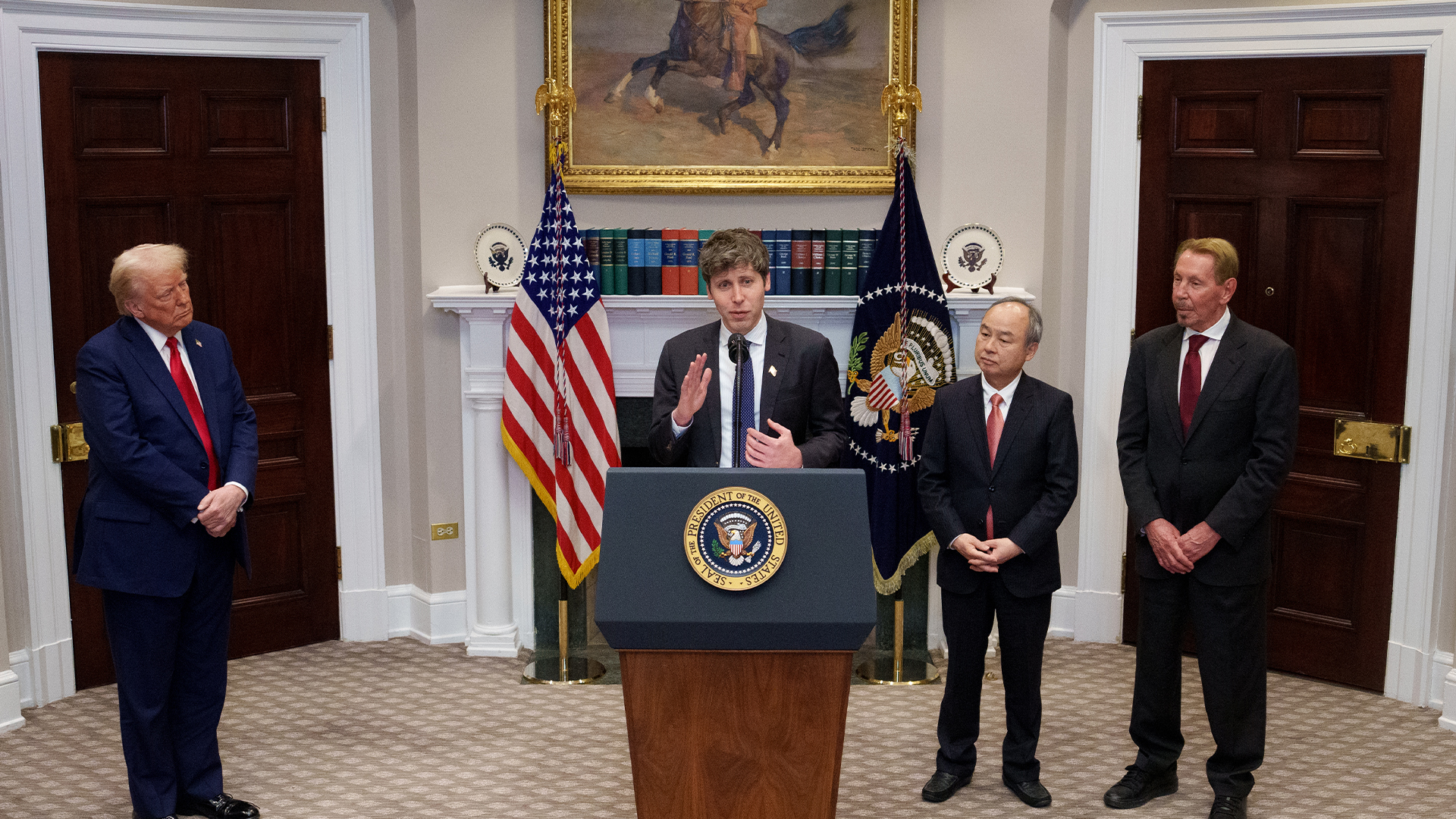 Stargate project: OpenAI, Oracle pledge support for $500 billion AI infrastructure drive
Stargate project: OpenAI, Oracle pledge support for $500 billion AI infrastructure driveNews US President Donald Trump has unveiled the launch of the $500 billion Stargate Project to expand US AI infrastructure in collaboration with OpenAI, Oracle, and SoftBank.
By Emma Woollacott
-
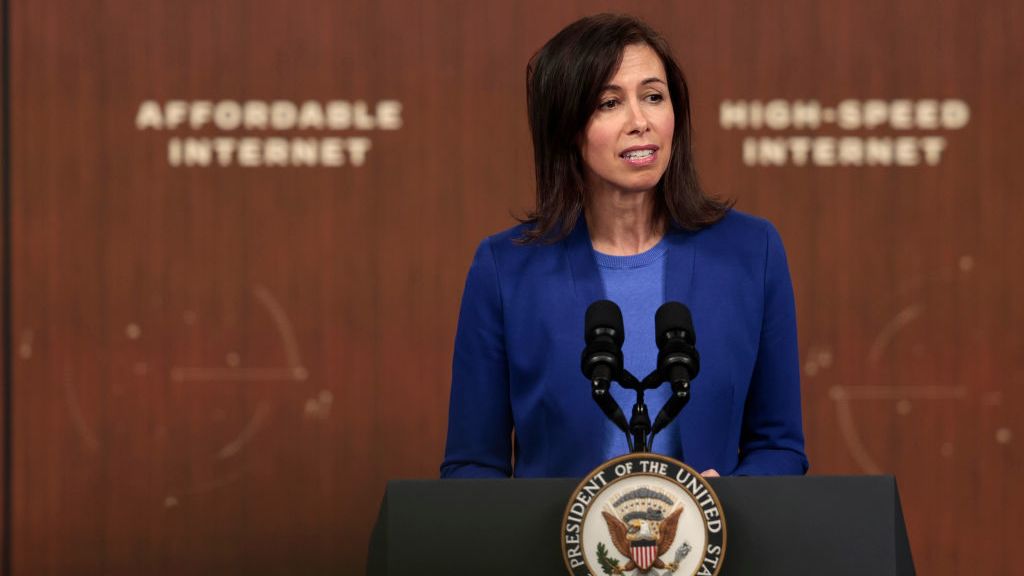 FCC to consider huge update to minimum broadband speed
FCC to consider huge update to minimum broadband speedNews A new required speed of 100 Mbits/sec down would give consumers and small businesses a boost, but could raise prices
By Rory Bathgate
-
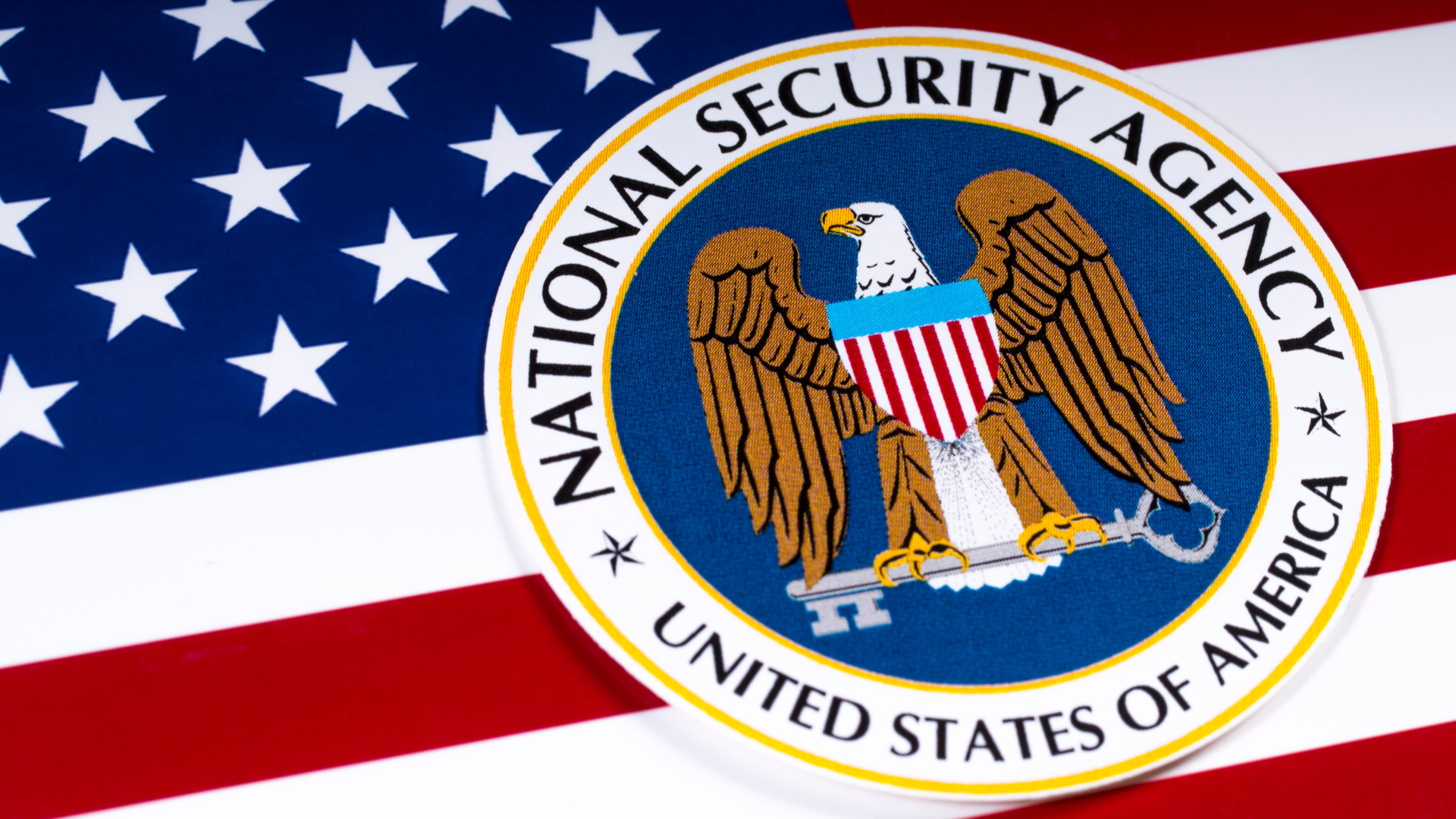 HPE inks $2 billion high-performance computing deal with the NSA
HPE inks $2 billion high-performance computing deal with the NSANews HPE will provide scalable on-premises computing to the NSA using Greenlake
By Danny Bradbury
-
 US Air Force taps Novetta for base defense operations
US Air Force taps Novetta for base defense operationsNews Novetta’s defense solution connects disparate data sources to improve situational awareness
By Praharsha Anand
-
 Biden plans to connect every American to broadband
Biden plans to connect every American to broadbandNews Infrastructure plan includes $100 billion to expand access to high-speed internet
By Mike Brassfield
-
 President Biden’s Peloton raises cyber security concerns
President Biden’s Peloton raises cyber security concernsNews Spies could use its camera and microphone to eavesdrop on confidential conversations
By Rene Millman
-
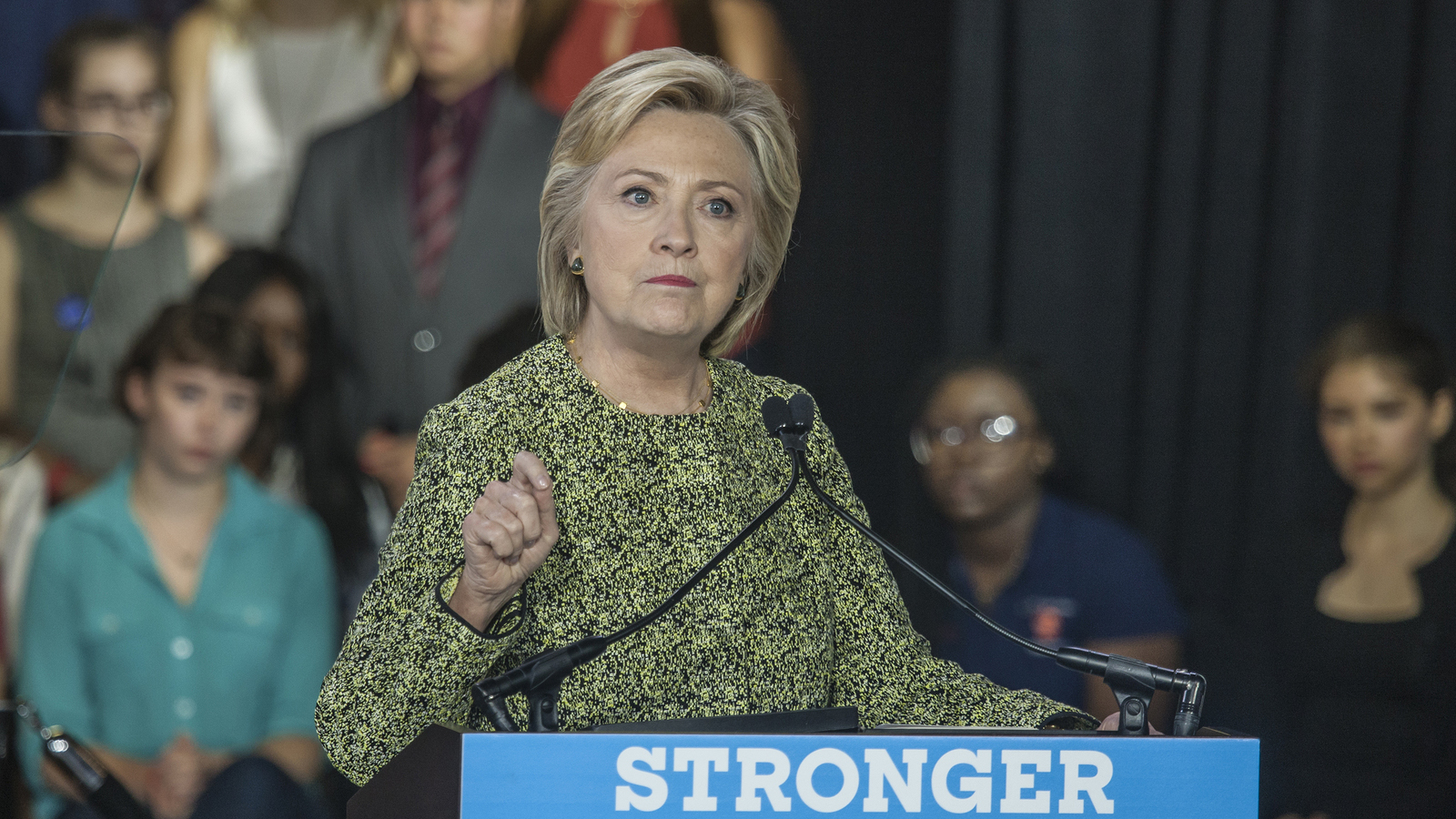 White House launches official investigation into use of personal email accounts
White House launches official investigation into use of personal email accountsNews Senate Intelligence Committee rebukes Kushner for omitting private account
By Adam Shepherd